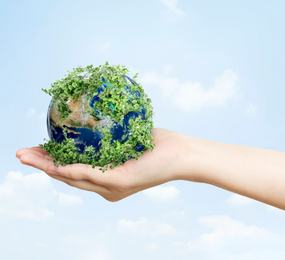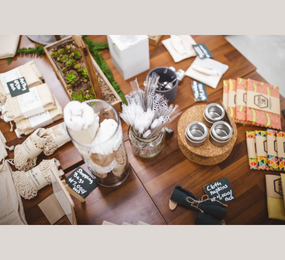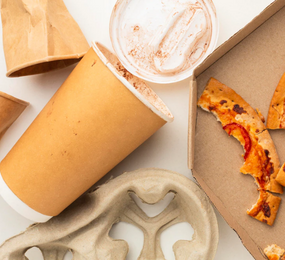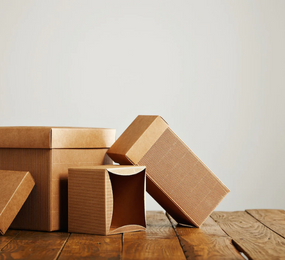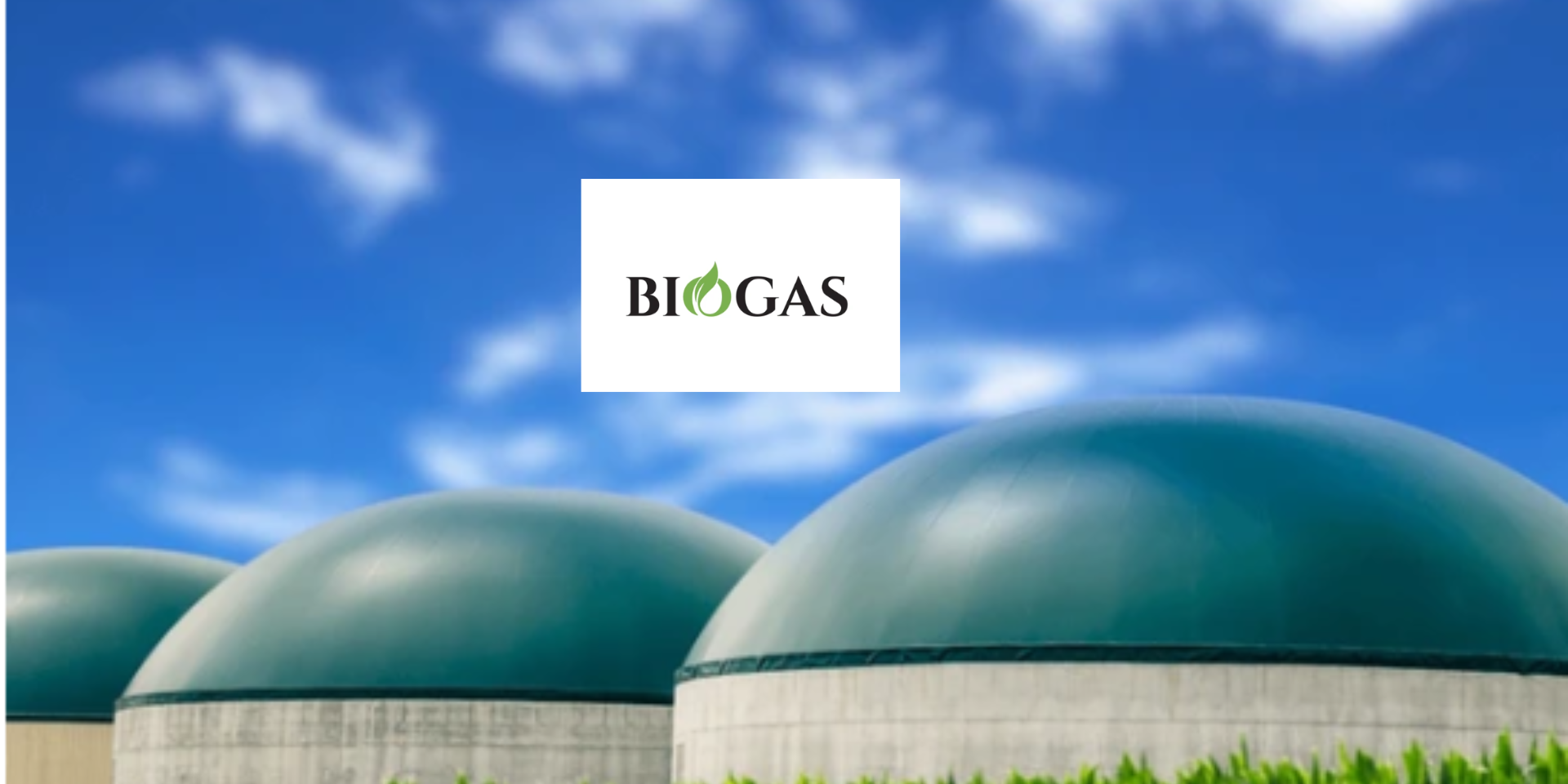In the face of growing environmental concerns, the packaging industry is undergoing a transformative shift toward sustainability, and at the forefront of this revolution are bioplastics. Unlike traditional plastics derived from fossil fuels, bioplastics harness the power of plants, offering a more eco-friendly alternative for packaging materials.
Derived from renewable resources such as cornstarch, sugarcane, or potato starch, bioplastics are a promising solution to the environmental challenges posed by conventional plastic packaging. The cultivation of these plants for bioplastic production is a carbon-neutral process, meaning the carbon dioxide released during their decomposition is balanced by the carbon absorbed during their growth, making them a more sustainable choice.
Bioplastics for packaging come in various forms, including biodegradable and compostable options. Biodegradable bioplastics break down naturally into harmless byproducts, reducing the persistence of plastic waste in landfills. Compostable bioplastics, on the other hand, not only break down but also contribute valuable organic matter to compost, enriching soil and promoting a circular economy.
The adoption of bioplastics in packaging extends beyond their environmental benefits. They offer comparable, if not superior, performance to traditional plastics, ensuring that the integrity and functionality of packaging materials are not compromised. Moreover, as consumer awareness of environmental issues grows, brands and businesses are increasingly recognizing the importance of eco-friendly packaging in building a positive brand image.
Despite the positive strides, challenges such as scalability, cost-effectiveness, and the need for improved recycling infrastructure persist. However, ongoing research and technological advancements are addressing these challenges, making bioplastics a promising solution for the future of sustainable packaging.
In conclusion, bioplastics for packaging represent a significant leap towards reducing the ecological footprint of the packaging industry. By replacing fossil fuels with plant-based alternatives, these materials offer a pathway to a more sustainable, greener, and environmentally conscious future.
To register or learn more about the Forum please check here: https://bit.ly/3qbznOe
For more information and group participation, contact us: [email protected]


